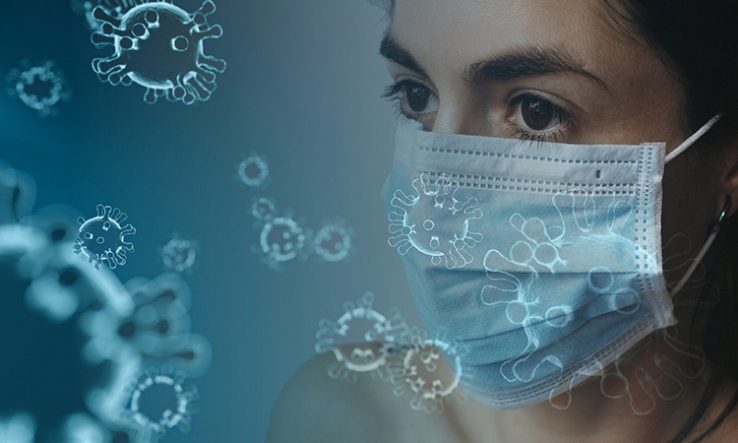
State in a strong position but remote teaching may continue, chief health officer says
Victoria’s chief health officer Brett Sutton has said that he is confident there is no community transmission of Covid-19 anywhere in the state.
The state has gone from upwards of 800 new cases of Covid-19 a day to no recorded cases for 32 days. In a seminar organised by the University of Melbourne’s department of rural health, Sutton said Victoria’s second wave had brought valuable lessons, including on the conditions under which the virus could spread and how to engage the community.
The state’s first wave had been in relatively well-off communities that were able to isolate and quarantine, he said, while the second wave had affected people who lived in larger households and could not afford to leave their casual work. A public health response to the pandemic needed to take those communities and their particular demographics into account, he said.
Sutton said it might be necessary for some education to continue online next year. Victoria’s universities have had only limited face-to-face classes since March. “There might be some [cases] where the advantages of remote teaching…might be implemented in 2021 if there aren’t significant disadvantages for the school or the university,” he said.
The state’s other Covid-19 challenges for 2021 include the need to follow up with the sufferers of “long Covid”, he said, “to see how their health challenges play out over time…GPs will be at the heart of that.”
“The chronic long-term effects of Covid infection—we really don’t understand it.”
The crisis has changed the health system in Victoria significantly, Sutton said, particularly in appreciating the need for local responses tailored to individual communities. “This is on my wish list…public health needs to maintain its place on centre stage. It’s all very well for me to have my face on a pillow, but what I really want the rock star to be is public health.”
As well as his chief health officer role, Sutton is chief human biosecurity officer for Victoria and a member of the Australian Health Protection Principal Committee.
The state’s strict lockdown, which at one point restricted citizens to leaving home for an hour a day and going no further than five kilometres from home, had worked, he said, and could work anywhere. “Europe and places in North America got down to extremely low levels of transmission but it all came sweeping back. Lockdowns buy you time.”
Victoria is about to start taking international arrivals after a long pause caused by the virus escaping hotel quarantine. Sutton warned that there would be new cases of Covid-19 and possibly also community cases. This time, however, he said he was confident that the state’s systems would “wrap around” any outbreaks and contain them, with much stricter testing and hygiene in quarantine and a better response to community outbreaks.
On 30 November, Victoria announced it would separate the large Department of Health and Human Services into two departments from February 2021. The department of health will continue to be responsible for hospital clinical trials and research funding, such as the Victorian Medical Research Acceleration Fund and the Victorian Covid-19 Research Fund.
Covid-19 research around Australia continues to focus on vaccines, treatment and monitoring.
In Melbourne, research conducted jointly by Monash University, the Alfred Health network and the Burnet Institute has found that immune cells “continue to recognise the coronavirus after initial antibodies disappear”. The study, released on 23 November, used infected patients and did not look at the effects of immunisation; researchers say more work is needed to assess those.
The University of Queensland’s vaccine trials are continuing, with phase one trials completed in mid-November. The vaccine was found to be particularly effective in older people.
The University of South Australia’s centre for change and complexity in learning is helping to develop a “peer hub” for public health workers. The hub will offer strategies to help health workers deal with hesitancy to becoming vaccinated, and is being supported by the Bill and Melinda Gates Foundation. Project lead Vitomir Kovanović said the hub would help in “building collective wisdom that can be leveraged and adapted to counteract vaccine avoidance”.
“Current information-sharing processes are hierarchical and slow, losing too much information as it progresses down the chain,” Kovanović said. “By connecting immunisation professionals from around the world, there is a fantastic opportunity for sharing new ideas and existing practices that can contribute to maintaining immunisation coverage.”
With Australia’s outbreaks largely under control, monitoring has become important. Water Research Australia is coordinating the ColoSSos programme to test sewerage across the country to identify potential cases. The programme is bringing together scientists, water authorities and health authorities to set up a standard testing procedure and share information.